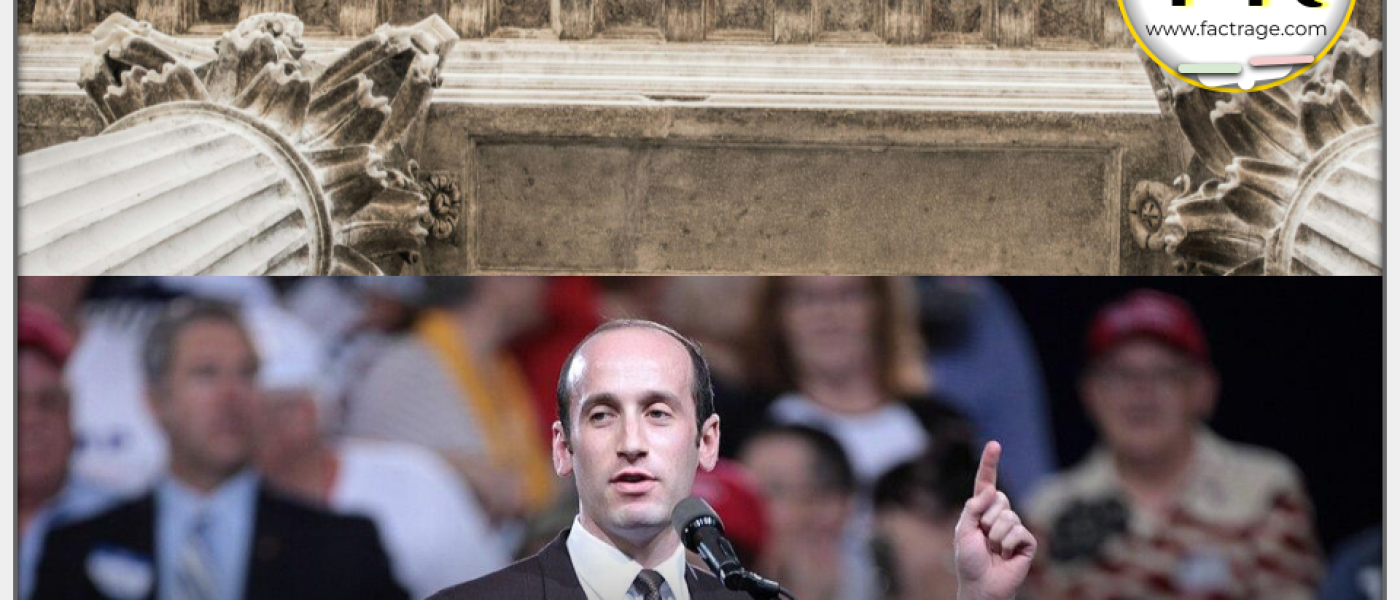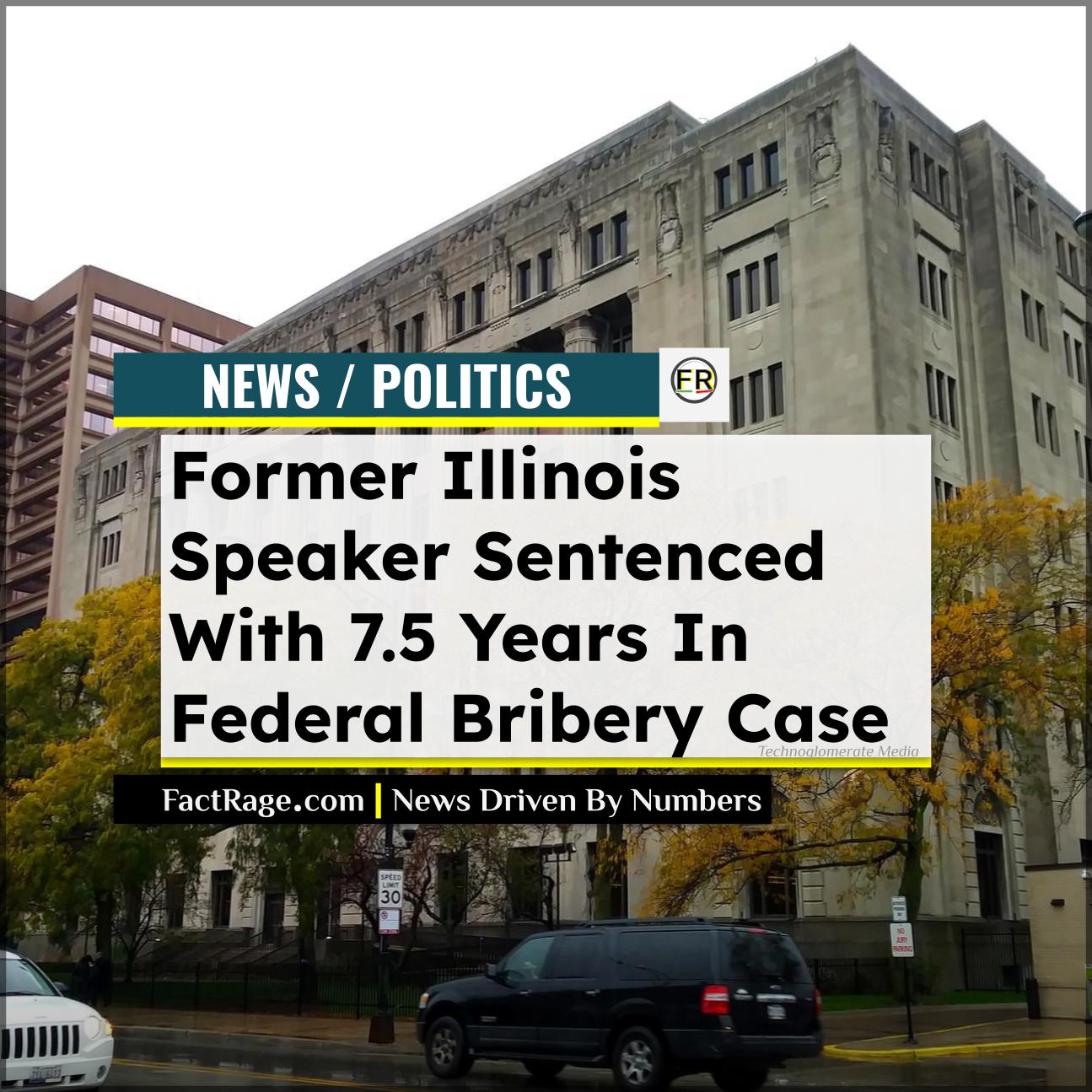WASHINGTON DC – Recent comments by Stephen Miller, a former senior advisor to President Trump, have raised concerns about the potential suspension of habeas corpus. This ancient legal principle is fundamental to the American justice system, and its potential removal has significant implications.
- Habeas Corpus Defined: This fundamental legal right ensures that anyone detained by the government can petition a court to review the legality of their detention, preventing unlawful imprisonment.
- Suspension Considerations: Historically considered only during rebellion or invasion when public safety demands, recent discussions about suspending habeas corpus raise concerns about potential risks to due process and individual liberties.
- Limited Oversight Without Habeas Corpus: Suspending this right would likely concentrate detention authority in the executive branch with significantly reduced or absent independent judicial review, increasing the risk of abuse.
What is Habeas Corpus?
Habeas corpus, Latin for “you shall have the body,” is a legal writ that requires a person under arrest to be brought before a judge or into court. Essentially, it’s a safeguard against unlawful imprisonment. If a person believes they are being detained illegally, they can petition for a writ of habeas corpus, and a court will review the legality of their detention.
In What Situations Does Habeas Corpus Apply?
Habeas corpus applies in virtually all situations where a person is detained by the government. This includes:
- Criminal arrests and detentions.
- Immigration detentions.
- Detentions in mental health facilities.
- Any situation where a person’s liberty is restricted by government action.
It ensures that the government cannot hold someone indefinitely without due process.
Who is Stephen Miller?
Stephen Miller served as a senior advisor in the Trump administration, playing a key role in shaping its immigration policies and rhetoric. His recent statement suggests that the possibility of suspending habeas corpus remains a consideration within his political sphere.

Why is the Administration Considering Suspending Habeas Corpus?
Historically, discussions about suspending habeas corpus have arisen during times of perceived national crisis, such as war or rebellion. The idea is often floated as a way to detain individuals deemed a threat to national security without the usual legal constraints and judicial oversight.
What Conditions Would Allow It to Come Back Into Effect?
The suspension of habeas corpus is not something that can be done lightly. Article I, Section 9, Clause 2 of the U.S. Constitution states: “The Privilege of the Writ of Habeas Corpus shall not be suspended, unless when in Cases of Rebellion or Invasion the public Safety may require it.”
This means that two specific conditions must be met for a suspension to be constitutionally permissible:
- Rebellion or Invasion: There must be an actual rebellion or invasion occurring.
- Public Safety Requirement: The public safety must necessitate the suspension.
Even under these conditions, the suspension would likely be subject to legal challenges and debate regarding its scope and duration.

What Are the Potential Implications?
Suspending habeas corpus could have profound implications for individual liberties and the rule of law:
- Risk of Unlawful Detention: Without habeas corpus, the government could potentially detain individuals indefinitely without legal justification or judicial review.
- Erosion of Due Process: It would undermine the fundamental right of individuals to challenge their detention in court.
- Potential for Abuse: The lack of oversight could create opportunities for politically motivated detentions or the targeting of specific groups.
- Damage to International Standing: Such a move could harm the United States’ reputation as a defender of human rights and the rule of law.
What Would Be the Practical Mechanisms for Detaining Individuals if Habeas Corpus Were Suspended? Who Would Make These Decisions, and What Oversight Would Exist?
If habeas corpus were suspended, the practical mechanisms for detaining individuals would likely involve an expansion of existing detention facilities or the creation of new ones. The authority to order detentions would likely be vested in executive branch officials, potentially within agencies like the Department of Justice, the Department of Homeland Security, or even the military, depending on the perceived nature of the threat.
The crucial and concerning aspect of a habeas corpus suspension is the lack of typical judicial oversight. Without the ability for detainees to petition the courts, decisions about who to detain and for how long would largely rest with the executive branch. This raises significant concerns about potential abuses of power and the absence of checks and balances.
While the specific mechanisms and responsible parties would likely be defined in the legal framework enacting the suspension, the very nature of suspending habeas corpus implies a reduction or elimination of independent judicial review. Any oversight that might exist would likely be internal to the executive branch, potentially through inspector general offices or similar bodies. However, these internal mechanisms are generally considered less robust and independent than judicial review in protecting individual liberties.
The absence of habeas corpus fundamentally alters the balance of power between the individual and the state, granting the executive branch significantly broader detention authority with limited external accountability.











